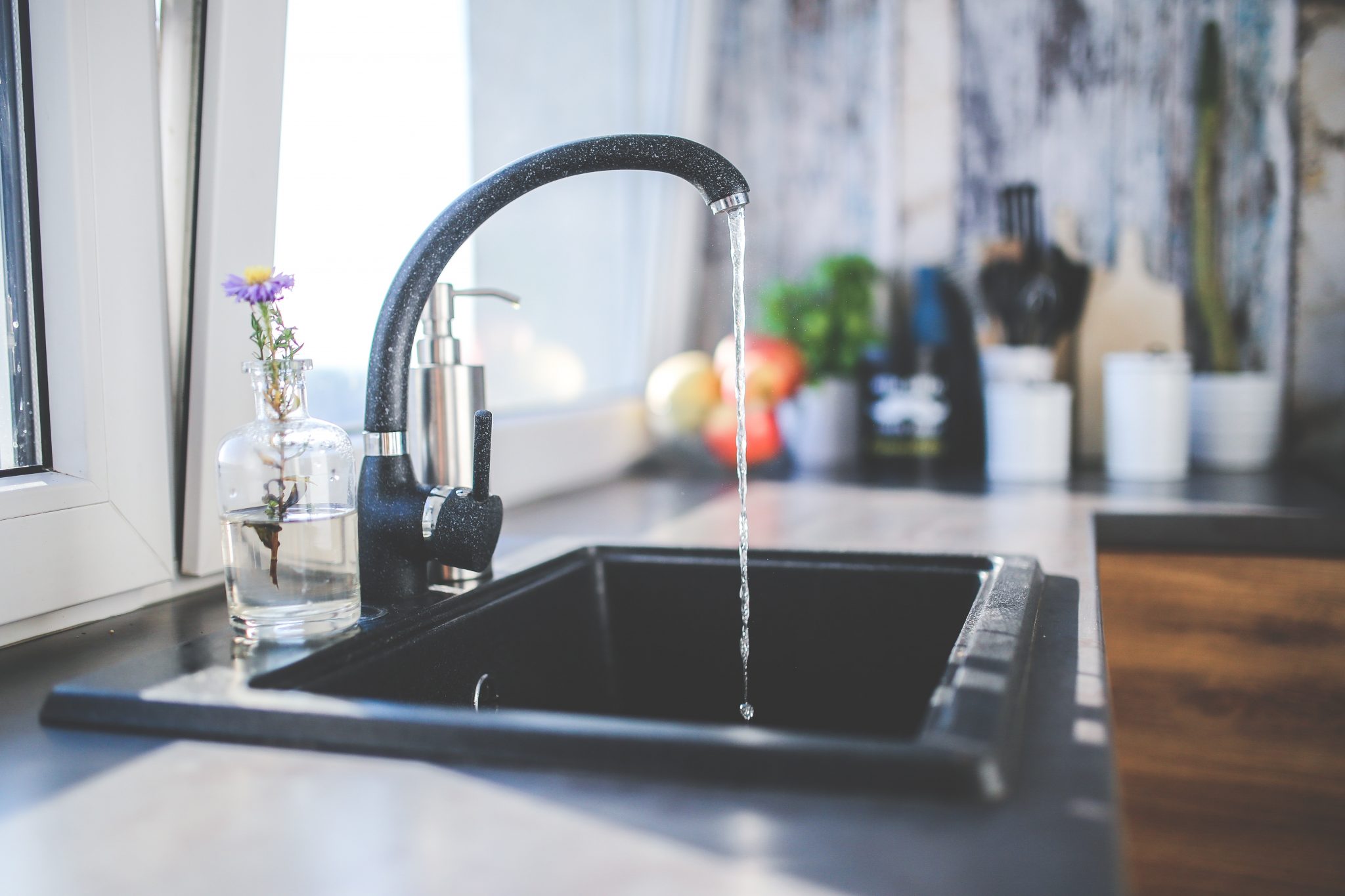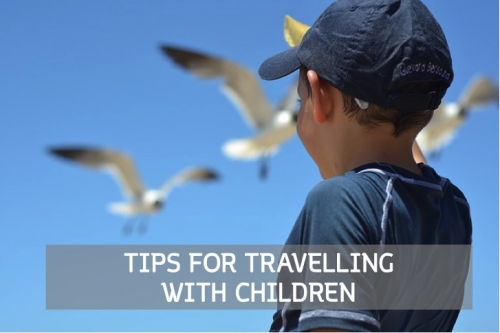
It’s National Skin Cancer Action week! Did you know that two in three Australians will be diagnosed with skin cancer by the age of 70? Most skin cancers can be prevented by good sun protection, and early detection significantly decreases the chance that you will need surgery or that the cancer will progress. The Australian Cancer Council has released some basic ways that you can prevent and detect skin cancers.
Prevention
Australians have heard the “SunSmart” message and are usually good at applying it to our children. However, some lessons haven’t sunken in quite so well. Tanning for long hours in the sun is still a common sight, and sunburns are often treated as a joke instead of causing potentially serious long-term damage to the skin. In fact, a sunburn once every two years can triple your risk of developing a melanoma. It’s never too late to prevent further damage. The Cancer Council’s 5 forms of sun protection are:
- slip on sun-protective clothing
- slop on SPF30 (or higher) broad-spectrum, water-resistant sunscreen
- slap on a broad-brimmed hat
- seek shade
- slide on sunglasses.
Your summer can still be fun, but make sure your skin isn’t suffering for it.
Detection
Looking for skin cancer keeps you safer – early detection improves your chances that a relatively simple treatment can be used to fix a problem. Make a habit of doing regular self-checks of your skin for new spots and changes to existing freckles or moles. Getting to know your own skin and what is normal for you will make it much easier to detect any changes.
Remove all of your clothing and stand in good light, either using a mirror for hard-to-check areas or asking someone else to look for you. Don’t just focus on areas that see a lot of sun – sometimes skin cancers can grow in unexpected places, like the soles of the feet, under nails and between fingers and toes.
What are you looking for?
There are three main types of skin cancer- melanoma (including nodular melanoma), basal cell carcinoma and squamous cell carcinoma. Each generally looks and behaves in a different way. As a rule, you can use the ABCD method for detecting changes:
- A is for Asymmetry – Spots that aren’t symmetrical. Are both sides of the spot the same or is it an irregular shape?
- B is for Border – A spot with a spreading or irregular edge (notched).
- C is for Colour – Blotchy spots with a number of colours such as black, blue, red, white and/or grey.
- D is for Diameter – Look for spots that are getting bigger
Some other considerations are moles that are new, increase in size, change colour, become raised; itch, tingle or bleed, or look different to your other moles.
If you do notice changes, it doesn’t necessarily mean that you have skin cancer – but it does mean that you should visit your GP to have them looked at further. You can also discuss your personal skin cancer risk and schedule regular skin checks.
Click here to book an appointment with a GP to discuss your skin health –>




